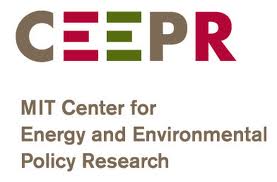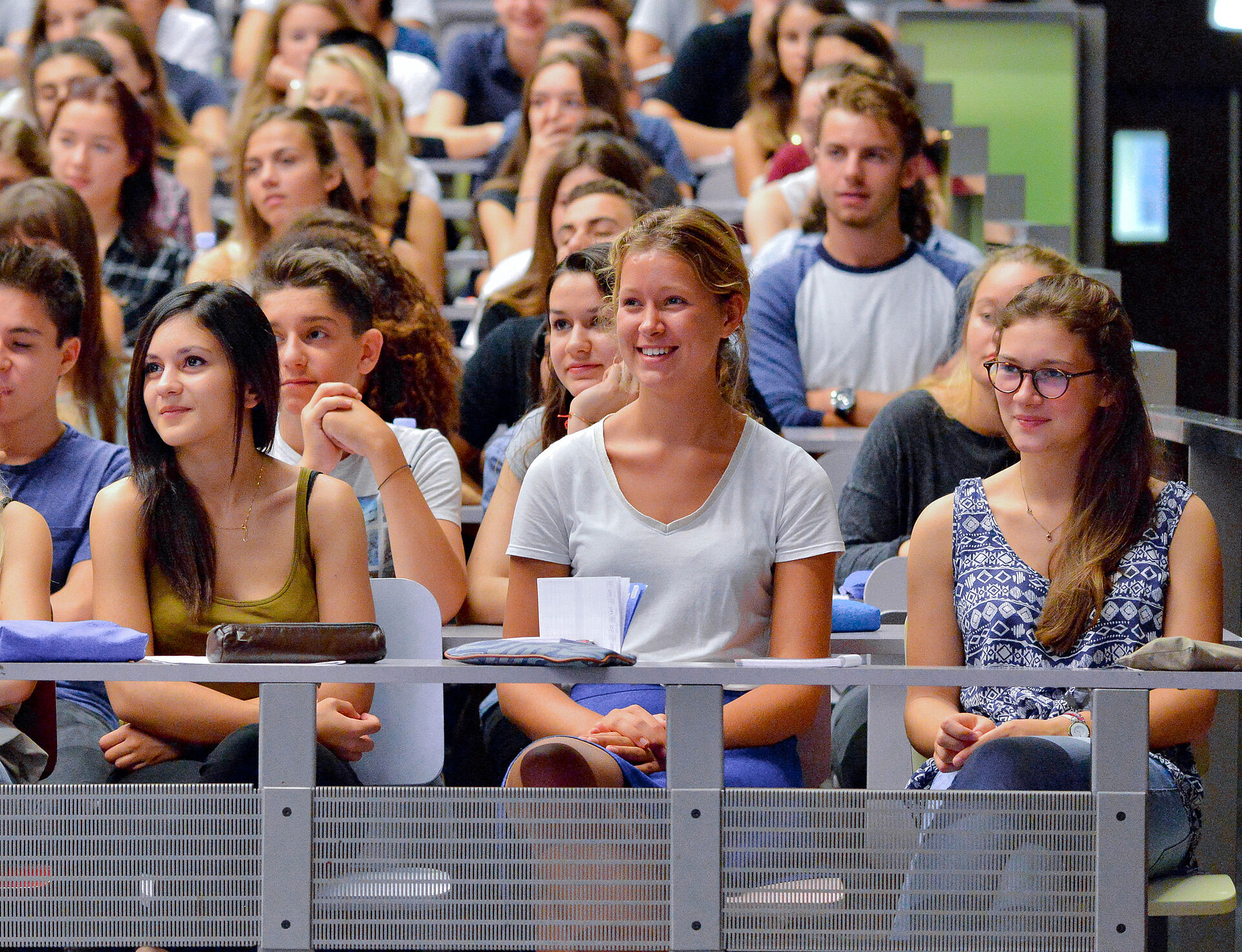Special relationships with major research centers
The CGEMP
The Center for Geopolitics of Energy and Raw Materials (CGEMP) is a research team from Université Paris Dauphine – PSL that is attached to the Dauphine Economics Laboratory (LEDa).
It was founded in 1982 within Université Paris Dauphine – PSL, under the aegis of André Giraud, former Minister of Industry. The goal of the CGEMP is to encourage dialogue between the university and businesses operating in the energy and commodities sectors.
The CGEMP has gradually expanded its expertise in fossil fuels to include renewable energy, with an ever-increasing focus on issues related to climate change. The CGEMP therefore provides a unique space for discussing and brainstorming ideas around energy system transformation.
The CGEMP runs the EFC (Energy, Finance and Carbon) Master's Degree program within Université Paris Dauphine – PSL.
The European Electricity Markets Chair

With the support of its four founding partners, RTE, EDF, EPEX Spot and UFE, the European Electricity Markets Chair has three main goals: to implement an ambitious research program; to provide a forum for academic experts, industry players and stakeholders; and to contribute to the training of future managers within businesses in the electricity sector.
The Chair’s Scientific Director, Jan Horst Keppler, is also one of the Co-Directors of the Master’s Degree in Energy, Finance and Carbon, which helps to ensure close links between the Chair and the Master’s Degree program.
The Climate Economics Chair

Led by Christian de Perthuis, Economics Professor at Université Paris Dauphine – PSL, the Climate Economics Chair harnesses the expertise of a team of researchers based within centers of excellence across the world. It continues the research work that was begun five years ago within the Caisse des Dépôts, and consolidates the partnership with Université Paris Dauphine – PSL that was forged as a result. The Chair is also a forum for open discussion among professionals from the world of Carbon Finance, as well as political decision-makers and researchers.
The Chair is an active participant in the Energy, Finance and Carbon Master’s Degree program, and its associated research program is developed in partnership with the CGEMP research center.
IFP Energies Nouvelles (New Energy)

IFP Energies Nouvelles is a public body for research, innovation and training in the areas of energy, transport and the environment. Its mission is to make effective, affordable, clean and sustainable technologies available to public sector players and businesses, in order to meet the three major societal challenges of the 21st century: climate change and environmental impacts; energy diversification; and water resources management.
CDC Climat

CDC Climat is a subsidiary of Caisse des Dépôts that was established in 2010 in order to help combat climate change through its role as a long-term investor.
- It invests in high quality carbon assets, either directly or in the form of innovative funds that are open to other long-term investors. Its goal is to reduce carbon emissions by 60 million tons by the end of 2014.
- CDC Climat invests, either as a standalone entity or in partnership, in service providers that are active in reducing GHG emissions, or working on energy efficiency and climate change adaptation. It is also a strategic shareholder in the BlueNext stock exchange.
- Its research team, CDC Climat Research, conducts not-for-profit independent analysis on behalf of public authorities, market players and the general public.
The CDC Climat teams lead several of the teaching modules within the Energy, Finance and Carbon Master’s Degree.
Association for Energy Economics

The Association for Energy Economics (AEE), founded in 1986, is the representative of the International Association for Energy Economics (IAEE) in France.
The AEE brings together energy economists from energy companies, Government and public institutions, within a teaching and research environment, or within consulting firms.
Its work focuses on applying the principles of economics to energy, its role in economics and politics (1) and, in particular, decisions relating to public energy policy or business management. It deals with these topics by looking at their various different aspects, as they relate to economics, finance and energy policy.
MIT Center for Energy and Environmental Policy Research

Established in the mid-1970s, the CEEPR is MIT’s center for research, focusing on economic and political issues relating to energy and the environment.
Its goal is to inform decision-making within government and businesses, by providing objective and meaningful analysis on issues related to energy and the environment.
In 2012, John Parsons, Co-Director of the CEEPR, delivered a course to Master’s Degree students that focused on financing energy-related projects.
Chair The Economics of Gas
The Chair of Research and Education on "The Economics of Gas" (ENG Chair) is a joint initiative of Paris Dauphine-PSL University, IFP School, Mines Paris Tech-PSL University, and Toulouse School of Economics. The German Institute for Economic Research (DIW) recently joined these four academic institutions. The ENG Chair is founded as from April 1st 2016, for an initial period of five years, with the objective of progressively enlarging the perimeter of the initial founders and sponsors to other European Universities, Institutions and Industry Stakeholders. A new focus for the 2021-2026 period is the analysis of the economics of emerging gas-based technologies.
